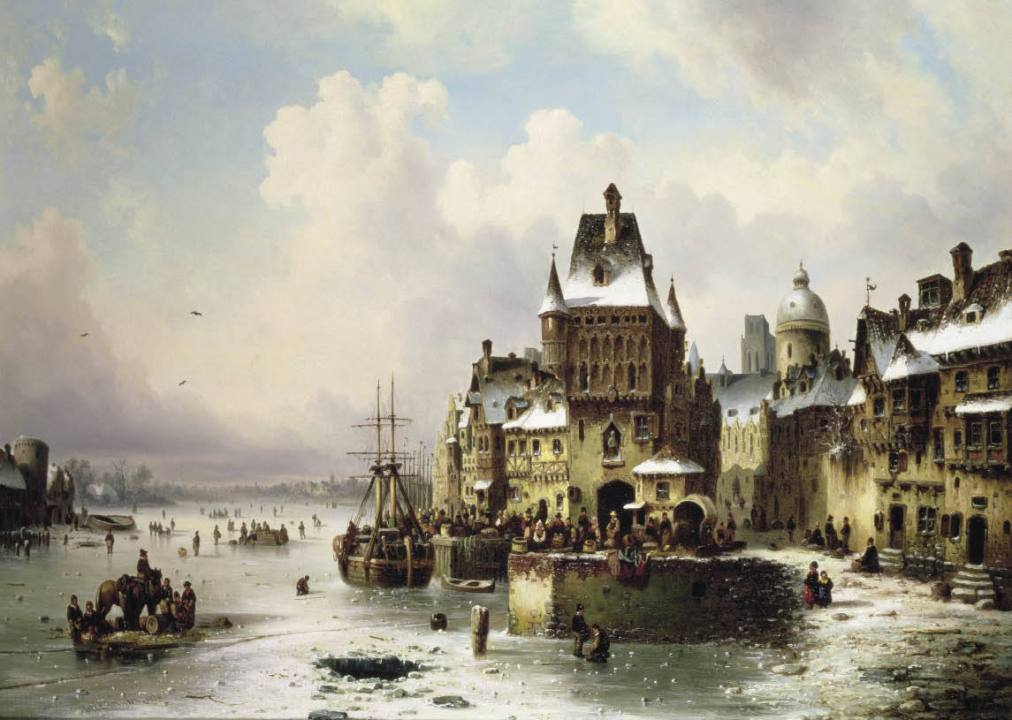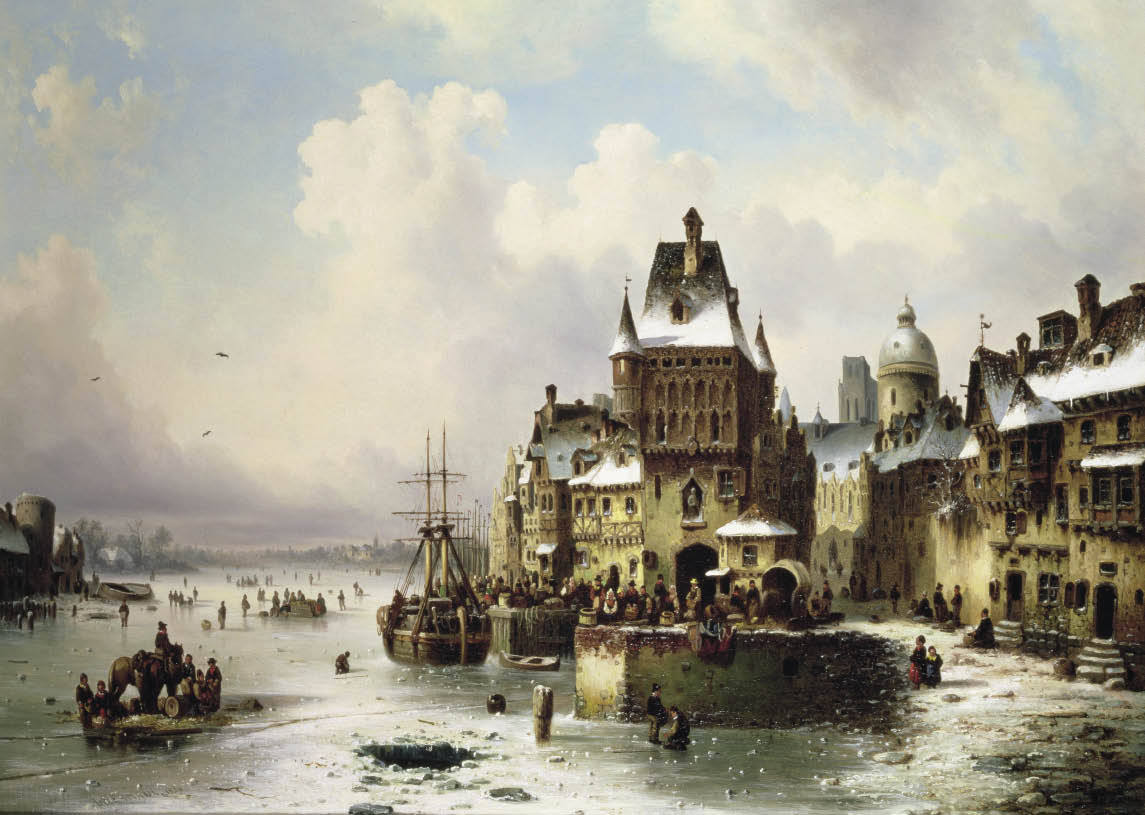Do the trees of East Prussia still whisper in German when the wind blows in from the Baltic and across the featureless plain? The Russian poet Joseph Brodsky thought so when he visited in the 1960s. But keen ears, and a very long historical reach, are surely now needed in order to detect that particular susurration. A little over two million Germans lived here in 1940. Now there are just 10,000 ‘of German descent’.
Eight centuries ago members of the Order of the Teutonic Knights, snobbish and aristocratic virgins almost to a man, arrived here from Acre to start that great Crusade of the North which was the counterpart to the adventure in Palestine. It took them some two generations to conquer the native Prusi, a Baltic and pagan people. But by the late 13th century one of Europe’s strangest political entities had been created: a monastic territorial state administered by the Knights from the massive red brick fortresses they raised in emblematic domination over a population which had become Christian in religion and German in culture. Secularised during the Protestant Reformation which got rid of the Knights, the Duchy of Prussia was inherited in 1618 by the House of Hohenzollern who ruled Brandenburg. ‘Prussian’ soon became the adjective describing both these domains, and by the 1720s the Hohenzollerns were calling themselves, tout court, ‘Kings of Prussia’.
East Prussia’s rich acreage supported the Junker class who grew fat behind late 19th-century walls of protective agricultural tariffs. But it also produced the defining voices of a great civilisation. The regional capital of Konigsberg was the city of Immanuel Kant, and it was two other east Prussian writers, J. G. von Herder and J. G. Hamann, who led the rhapsodic reaction against the philosopher’s rationalism.









Comments
Join the debate for just £1 a month
Be part of the conversation with other Spectator readers by getting your first three months for £3.
UNLOCK ACCESS Just £1 a monthAlready a subscriber? Log in